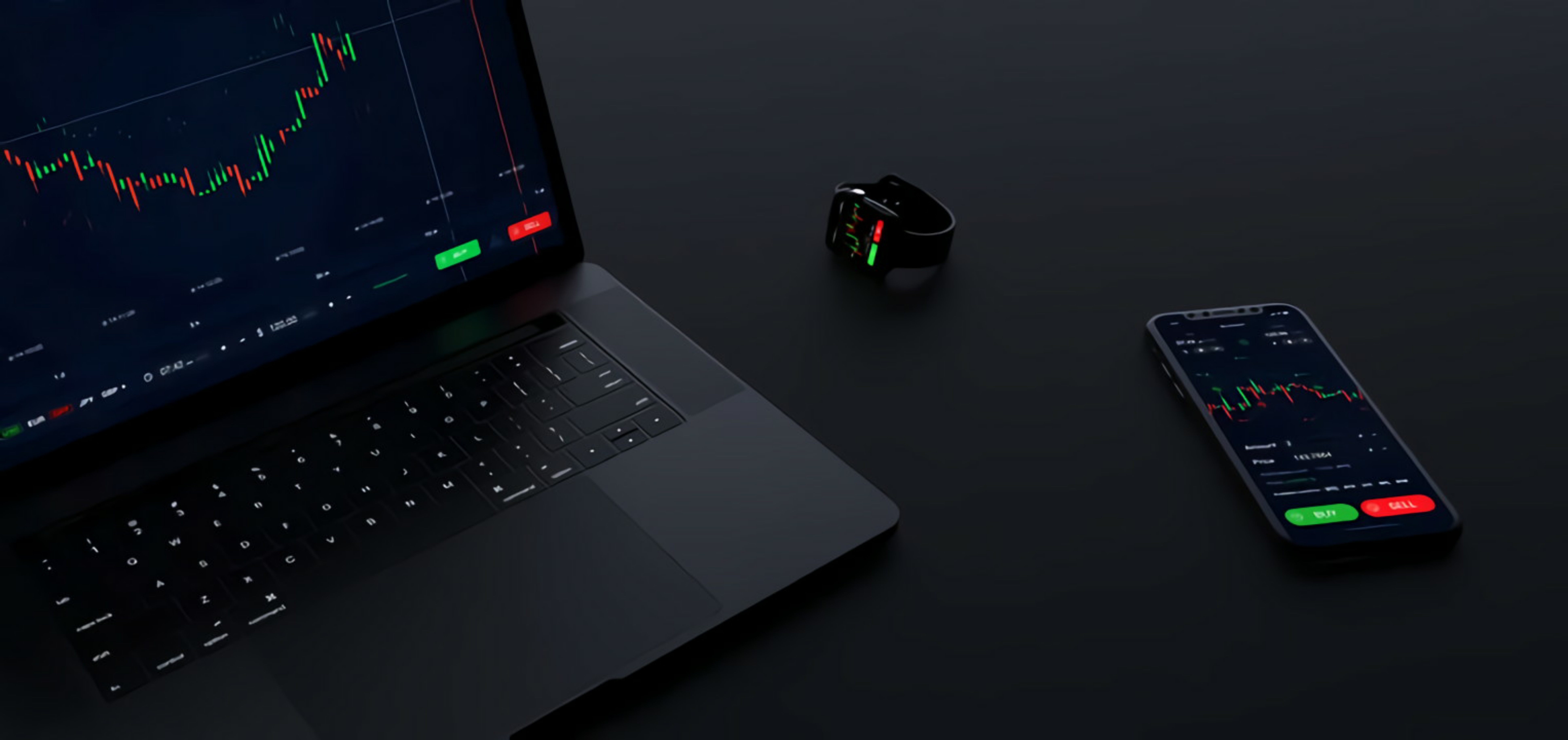As a personal blogger, I have always been fascinated by the world of cryptocurrencies. The idea of trading digital assets and potentially making a profit from it intrigued me from the very beginning. Over the years, I have dabbled in various forms of trading, but it was trading crypto that truly captivated my attention. The volatility, the potential for high returns, and the constantly evolving market dynamics made it an exciting and challenging endeavor.
In this beginner’s guide, I aim to share my knowledge and experiences in trading crypto. Whether you are a complete novice or have some experience in trading, this guide will provide you with a solid foundation to navigate the crypto market successfully.
## Understanding the Basics
Before diving into the world of crypto trading, it’s crucial to grasp the fundamental concepts. Cryptocurrencies are digital or virtual currencies that use cryptography for security. Bitcoin, the first and most well-known cryptocurrency, was introduced in 2009. Since then, thousands of alternative cryptocurrencies, commonly referred to as altcoins, have emerged.
To get started, you need to understand blockchain technology, which underpins cryptocurrencies. Blockchain is a decentralized ledger that records all transactions across a network of computers. It ensures transparency, security, and immutability, making it an integral part of the crypto ecosystem.
## Setting Up Your Crypto Wallet
To trade cryptocurrencies, you’ll need a digital wallet to store your assets securely. Wallets come in different forms, including hardware wallets, software wallets, and online wallets. Each has its own advantages and disadvantages, so it’s essential to choose one that aligns with your needs and security preferences.
Hardware wallets, such as Ledger and Trezor, are physical devices that store your private keys offline. They offer enhanced security but can be less convenient for frequent trading. Software wallets, like Exodus and Electrum, are applications installed on your computer or mobile device. They provide a balance between security and accessibility. Online wallets, such as Coinbase and Binance, are web-based platforms that store your crypto assets on their servers. They are convenient but may be more susceptible to hacking attempts.
## Conducting Research and Analysis
Before making any trades, it’s crucial to conduct thorough research and analysis. The crypto market is highly volatile, and prices can fluctuate rapidly. Stay updated with the latest news and developments in the crypto space. Follow reputable sources and join online communities to gain insights and stay informed.
Technical analysis is another essential tool for traders. It involves analyzing historical price data and patterns to predict future price movements. Learning to read charts, identify support and resistance levels, and use various indicators can significantly improve your trading decisions.
## Developing a Trading Strategy
A trading strategy is a set of rules and guidelines that dictate your approach to trading. It helps you make rational decisions and manage your risk effectively. Without a strategy, emotions can easily cloud your judgment, leading to impulsive and potentially costly trades.
Consider factors such as your risk tolerance, investment goals, and time commitment when developing your strategy. Will you be a day trader, focusing on short-term price movements, or a long-term investor, holding assets for an extended period? Will you diversify your portfolio or concentrate on specific cryptocurrencies? These questions will help shape your trading strategy.
## Managing Risk and Emotions
Managing risk is a crucial aspect of successful trading. Never invest more than you can afford to lose, as the crypto market can be highly unpredictable. Diversify your portfolio to spread risk across different assets. Set stop-loss orders to limit potential losses and take-profit orders to secure profits.
Additionally, controlling your emotions is essential in trading. Fear and greed can lead to irrational decision-making. Stick to your strategy and avoid making impulsive trades based on short-term market fluctuations. Keep a cool head and maintain discipline throughout your trading journey.
## Continual Learning and Adaptation
The crypto market is constantly evolving, with new cryptocurrencies and technologies emerging regularly. To stay ahead, it’s essential to invest time in continual learning and adaptation. Attend webinars, read books and articles, and engage with the crypto community to expand your knowledge.
Stay open to new strategies and adapt your approach as market conditions change. What works today may not work tomorrow. Be flexible and willing to adjust your trading strategy accordingly.
Trading crypto can be an exciting and potentially profitable endeavor. However, it’s important to approach it with caution, thorough research, and a well-defined strategy. By understanding the basics, conducting research, developing a strategy, managing risk, and continually learning, you’ll be on your way to navigating the crypto market successfully. Good luck on your trading journey!




